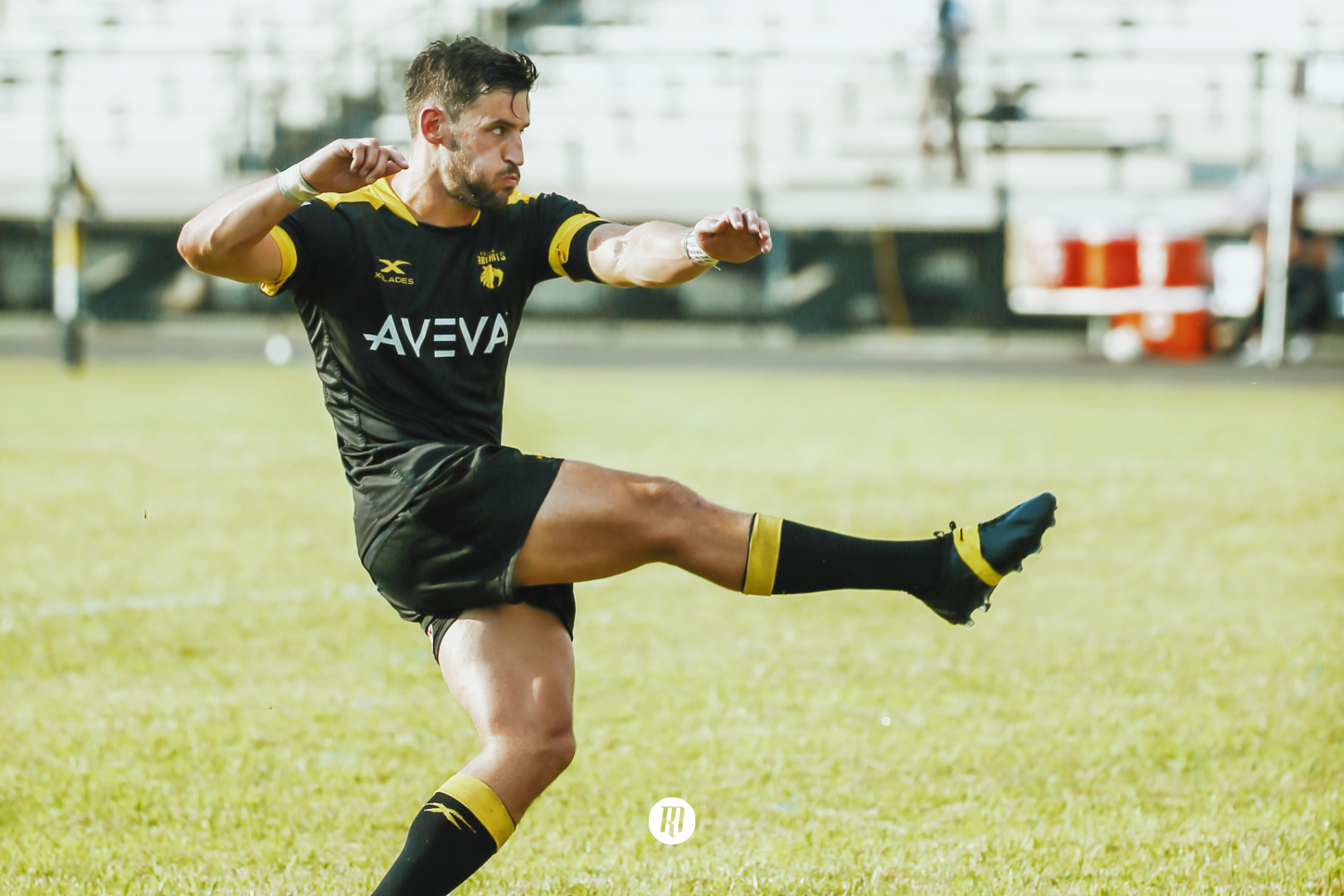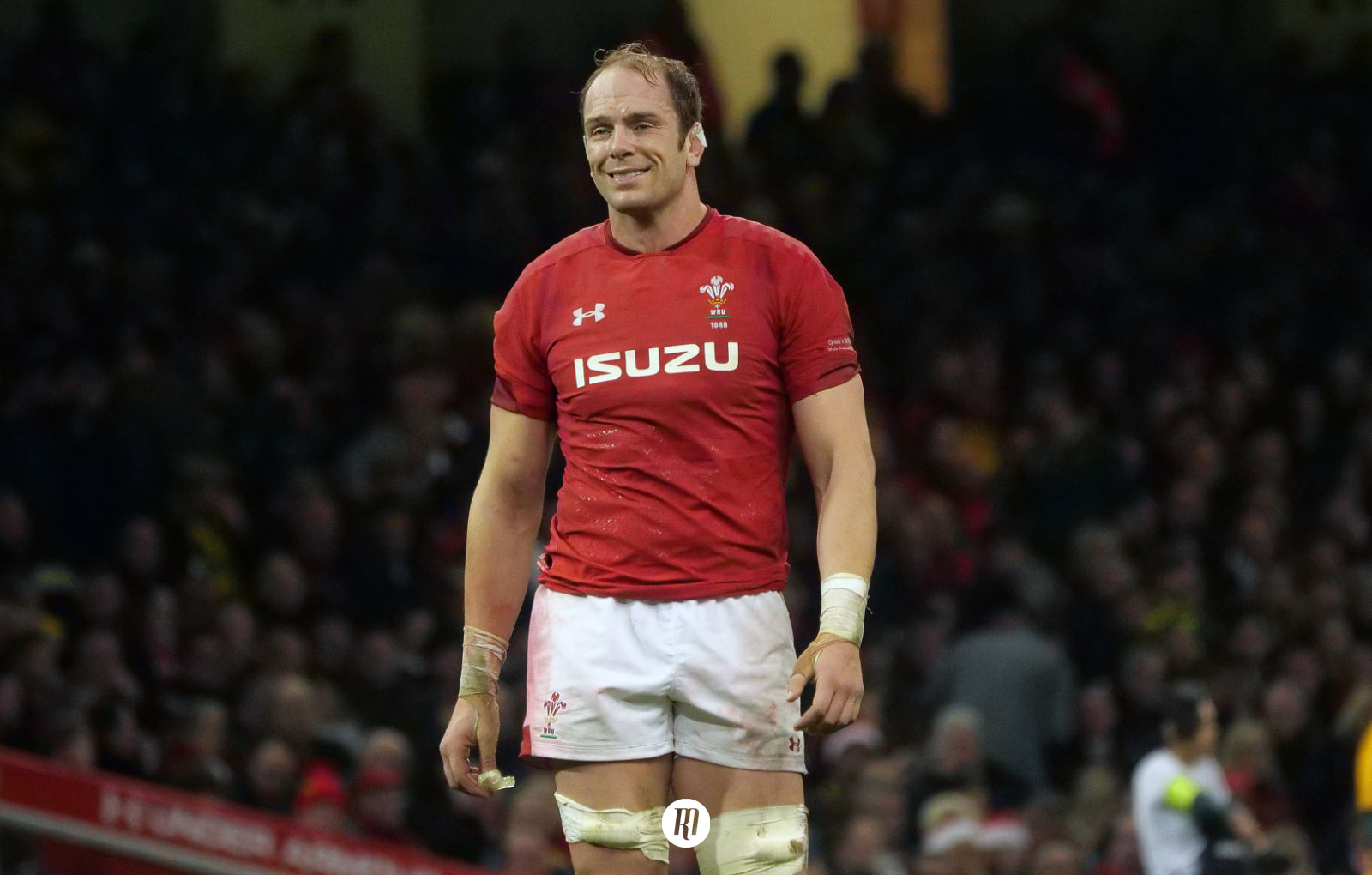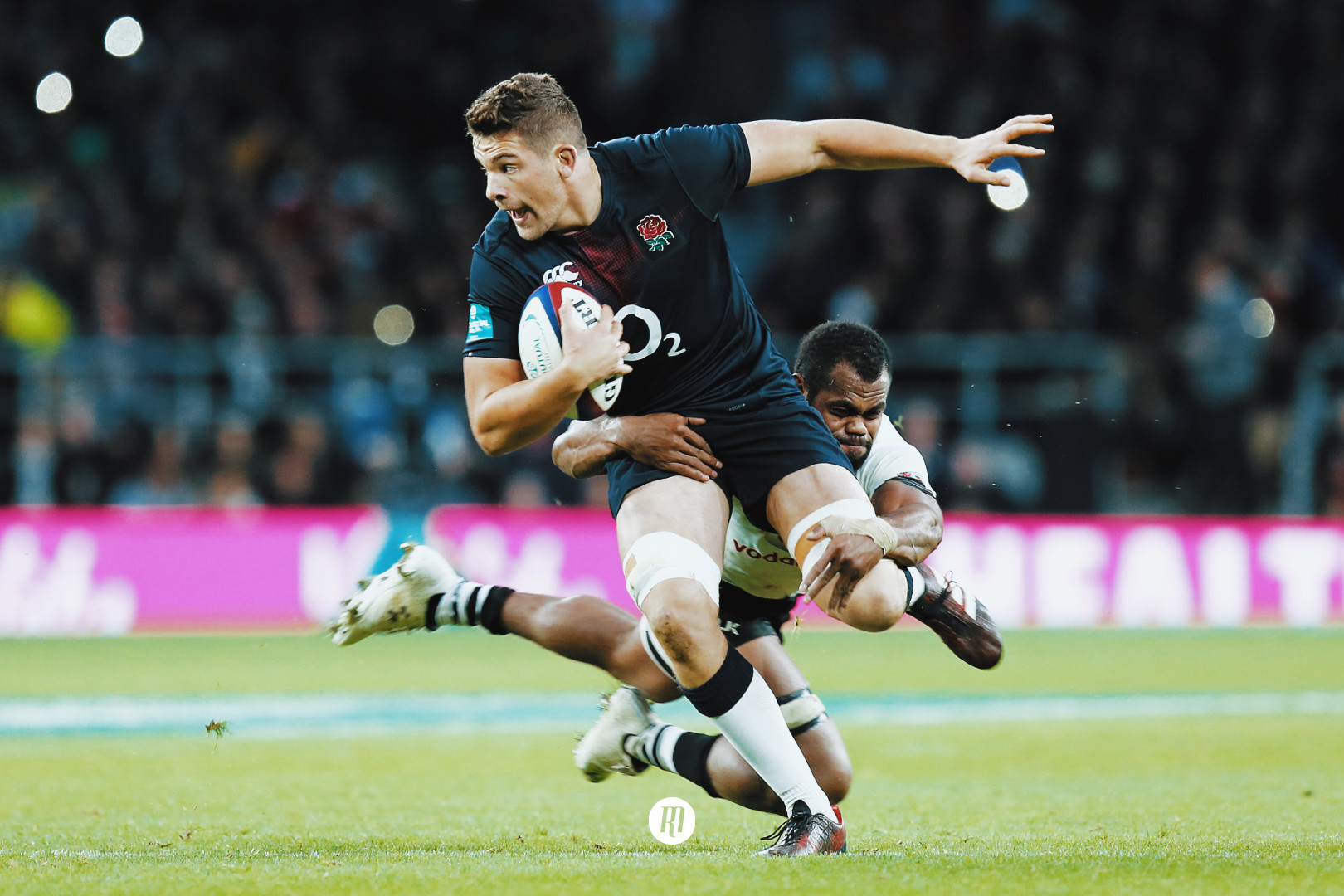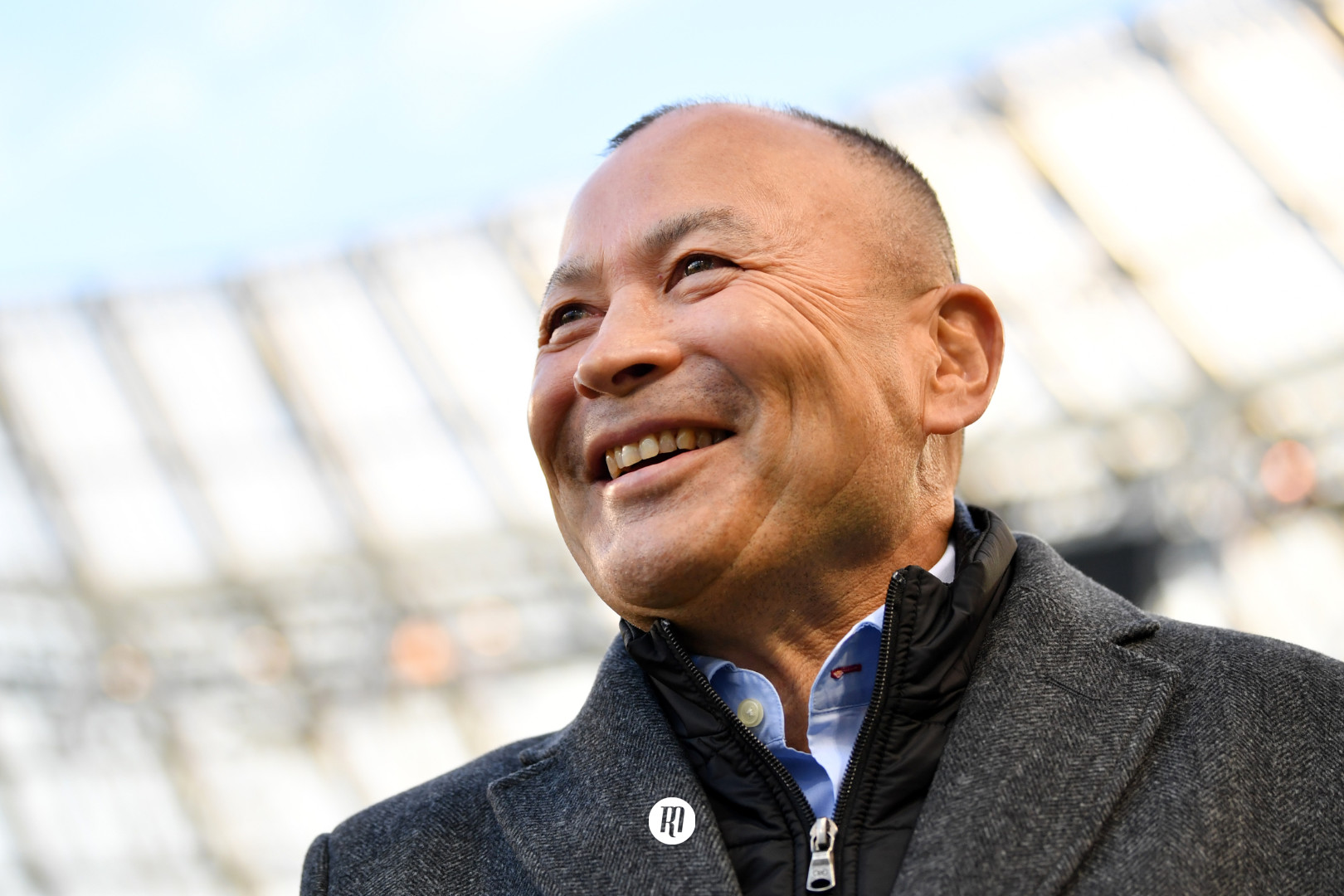The golden opportunity under rugby union's nose that cannot be ignored
For as long as I can remember during my life as a rugby union votary, the USA has been the sport’s 'sleeping giant'. A country with more influence than any other in both the entertainment and sporting industries alike. The relatively small sport of rugby (compared to the likes of football, both English and American) has been impatiently awaiting America's full embrace, hoping that the most prevalent nation in the world where on-screen offerings are concerned can help take the sport to a new level. Well, it’s time for the world to put its money where its mouth is.
Having spoken with Canada head coach Kingsley Jones at great length and read interviews with key characters within Major League Rugby (MLR), including USA head coach Gary Gold, the professional league that has found a fledgeling foothold in America presents a golden opportunity. An opportunity to ferment a platform for the American, Canadian and other local, less traditional rugby nations to flourish.
At the highest international level, you simply cannot expect a team saturated with amateur and semi-professional players to compete with full-time professionals whilst simultaneously earning their living elsewhere. It’s about as even as the odds your local bookie would give you for a New Zealand vs Tunisia game.
Jones stressed throughout our interview that the MLR is a crucial lifeline for the USA and Canada, handing the players that remain unscouted by major European or Super Rugby clubs the chance to train as full-time professional athletes. It cannot be understated just how much of an advantage it is to be able to train, learn and upskill yourself as a rugby player within those regular working hours.
The professional lifestyle allows athletes to use their non-working hours to rest their body and live the rest of their life away from the training base, instead of cramming training and recovery into the hours where, usually, family and other day-to-day commitments would take precedence.
Imagine setting up a sports clothing brand and competing with the likes of Nike and Adidas while fully committed to another unrelated 9-5 job, raising family, maintaining a social life and other generic commitments. Sure, if you're motivated and good enough at what you do you'll probably make something pretty special, but no one is going to compete with Nike during their evenings and weekends alone. That is what we're asking America, Canada and other non-mainstream rugby nations to do.
Rugby's original nations have held sway within the sport for far too long, the pie is not being shared by the powers that be. If the sport is truly going to delve into its repeated statement of intent in wishing to grow its relatively shallow reach when compared to the world powerhouse that is football, it has to do more to help initiatives such as the MLR.
While the league does offer the players the huge leg up that is a full-time career, there is still a long way to go. The MLR simply isn’t up to the same standard as other professional leagues and will need all the help it can garner to get up to speed with the likes of the Pro14, Top14, and Super Rugby etc. This is where the rest of the world can come in.
The American league needs more experienced players and coaches to help guide the progress into professionalism. One of the biggest advantages the domestic players can gain from imports is their experience, both on the field and off. Players such as former England fullback turned Rugby United New York man Ben Foden or inbound French centre Mathieu Bastareaud are the types of players the MLR need more of.
At the latter stages of their career and well-versed with the life and challenges of professional rugby, Foden, Bastareaud and others in the same mould can teach the next generation of American players what it takes to adapt and embrace their career; and how to excel.
It’s the same trail of thought with coaches. The more experienced coaches that head to the USA or Canada for stints in the MLR the better, helping to improve both the quality of the product on show that brings in audiences and standard of homegrown coaches. Learning the fina arts of managing a squad, identifying openings in an opposition’s game and rugby specific management at the professional level would be huge for the greater American game.
Where the rest of the world come into the equation, it is perhaps time for the likes of New Zealand, South Africa, England, Ireland and others to allow their older players MLR sabbaticals. This is already a theme within the Japanese league, with southern hemisphere players, in particular, taking stints in the Top League.
The biggest obstacle here is the pay. For as interesting as the Japanese culture is, when a Springbok player enjoys a season in Japan it's generally for the added income. When they head to America, they cannot expect the same type of payout. This is where the national unions would have to stump up and put a portion of their resources into avenues outside of their immediate interest for the sake of growing the industry they operate within.
Covering of or even the entirety of a player or a coach's salary while they spend a season in the MLR would avoid the risk of the fledgeling league bankrupting itself, while also permitting top talent the chance to broaden their horizons as an individual while imparting their knowledge on the American rugby movement. The number of star players injected into the league would also draw higher viewing numbers, both locally and overseas, helping the league to extend its reach and improve their income commercially.
Imagine how much more interested the average fan would be knowing that the Houston Sabercats are about to take to the field with Owen Farrell at the helm opposite a Toronto Arrows side with Conor Murray bouncing from ruck to ruck. The global interest and financial potential of the league would receive huge boosts.
It's not exactly groundbreaking to point out that rugby is not in a particularly healthy situation financially. Both clubs and unions are strapped for cash, with the former richest union in the world, the RFU, forced to turn to hand-outs to help fund England’s 2019 campaign in Japan. The Rugby Championship sides are compelled to allow their players to take time in the Japanese league and Europe to chase the cash they simply cannot match.
Rugby needs the giant USA market to help take the sport up a notch. On the front of it, an increased interest in the sport within the US would offer a huge number of potentially new or increasingly interested followers, while the arrival of the USA as a major player in the sport would help validate it in the eyes of those who still believe rugby union to be a sport with limited reach, lorded over by the same old faces; as it still is.
Bring the big ol’ US of A to the table, and you’ll see new heads begin to turn and other nations follow.
The interest Japan has sparked within the sport after shocking the Springboks in 2015 and then confirming their stance as serious international contenders by outclassing Ireland this year is potentially game-changing for rugby and must be capitalised on. But rugby's major nations are the sport's biggest obstacles. As the viewing figures proved during that titanic Japanese victory over the Irish, nothing grows sport like success, and the nations branded with the condescending 'Tier Two' tag will need a leg up if they are to break rugby's cosy, counterintuitive brotherhood.
Unfortunately, it will take some sort of miracle to get the likes of England and New Zealand to extend the olive branch to the US and already well-established, but struggling, nations such as Fiji, Samoa and Tonga.
If the motivation behind the failed inception of the Nations Championship or ‘World League’ was anything to go by, rugby could take major benefits from helping the USA, and its surrounding nations, creep up the World Rankings.

Filed under:
International, Rugby World Cup, Canada, USA
Written by: Alistair Stokes
Follow: @alistokesrugby · @therugbymag




